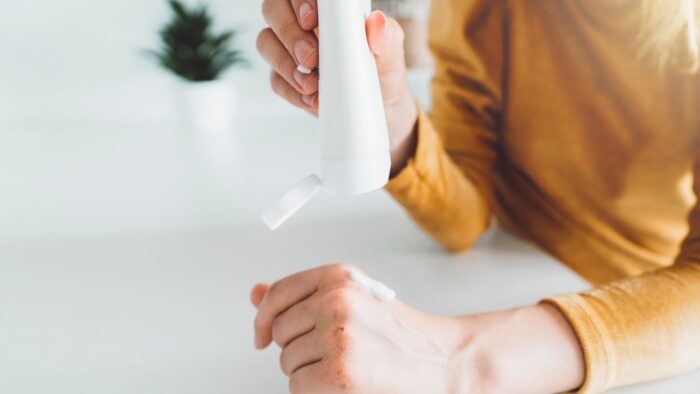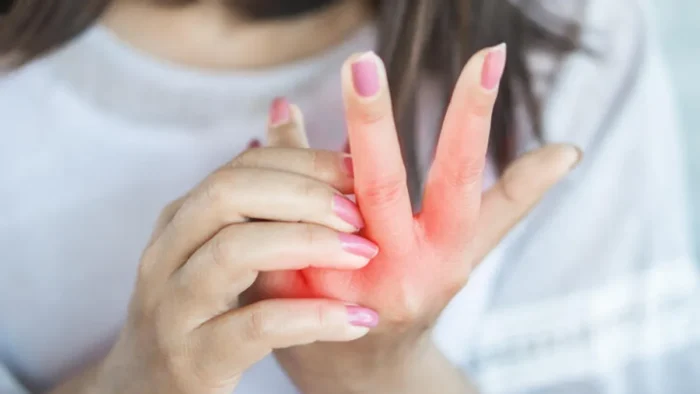
Eczema, also known as atopic dermatitis, is a chronic condition that affects millions of people around the world. It causes red, itchy, and inflamed skin that can be uncomfortable and unsightly. While there is no cure for eczema, there are many things you can do to manage the condition and prevent flare-ups. In this article, we will discuss the do’s and don’ts of eczema prevention and treatment.
When it comes to choosing the best eczema cream, it’s important to look for one that is specifically formulated for eczema-prone skin. Look for a cream that contains ingredients such as ceramides, which help to restore the skin’s natural barrier function, and colloidal oatmeal, which can help to soothe itchy, irritated skin.
Do ─ Moisturize Regularly

One of the most important things you can do to prevent eczema flare-ups is to keep your skin moisturized. Dry skin can exacerbate eczema symptoms, making them more severe and harder to manage.
To combat dry skin, you should moisturize it regularly using a high-quality, fragrance-free moisturizer. Look for a moisturizer that contains ceramides, which help to restore the skin’s natural barrier function. This will help to prevent moisture loss and keep it hydrated.
Don’t ─ Use Harsh Soaps and Detergents
Another common trigger for eczema flare-ups is the use of harsh soaps and detergents. These products can strip the skin of natural oils, leading to dryness and irritation. To avoid this, you should use mild, fragrance-free soaps and detergents.
Look for products that are labeled as “gentle” or “for sensitive skin”. These will be less likely to irritate your skin and trigger a flare-up.
Do ─ Identify Your Triggers

Everyone’s eczema triggers are different, so it’s important to identify your own personal triggers. Common triggers include stress, certain foods, allergens, and environmental factors such as cold weather or dry air. Once you have identified your triggers, you can avoid them or minimize their impact.
For example, if you know that stress triggers your eczema, you can practice stress-reduction techniques such as meditation or yoga.
Don’t ─ Scratch Your Skin
It can be tempting to scratch itchy eczema patches, but this can actually make the condition worse.
Scratching can damage the skin and cause it to become more inflamed and irritated. It can also lead to infection, which can further complicate the condition.
Instead of scratching, try applying a cool compress or using an anti-itch cream. This will help to soothe the itchiness.
Do ─ Seek Medical Treatment

If your eczema symptoms are severe or persistent, you should seek medical treatment. Your doctor may prescribe topical corticosteroids or other medications to help manage your symptoms.
They may also recommend other treatments such as phototherapy or immunosuppressants. In addition to medical treatment, you can also try using natural remedies such as oatmeal baths or coconut oil.
However, it’s important to talk to your doctor before trying any new treatments.
Don’t ─ Use Products With Fragrances
Fragrances can be a common trigger for eczema flare-ups, so it’s important to avoid products that contain them. This includes fragranced soaps, lotions, and cosmetics. Look for products that are labeled as “fragrance-free” or “unscented”.
These will be less likely to irritate your skin and trigger a flare-up. If you want to use a scented product, make sure it is specifically formulated for sensitive skin.
In conclusion, managing eczema requires a combination of prevention and treatment strategies. By moisturizing regularly, using gentle skin care products, identifying your triggers, and seeking medical treatment when necessary, you can keep your symptoms under control.
Remember to be patient and consistent in your approach, as eczema is a chronic condition that requires ongoing management. With the right strategies in place, however, you can minimize your symptoms and enjoy healthy, comfortable skin.








